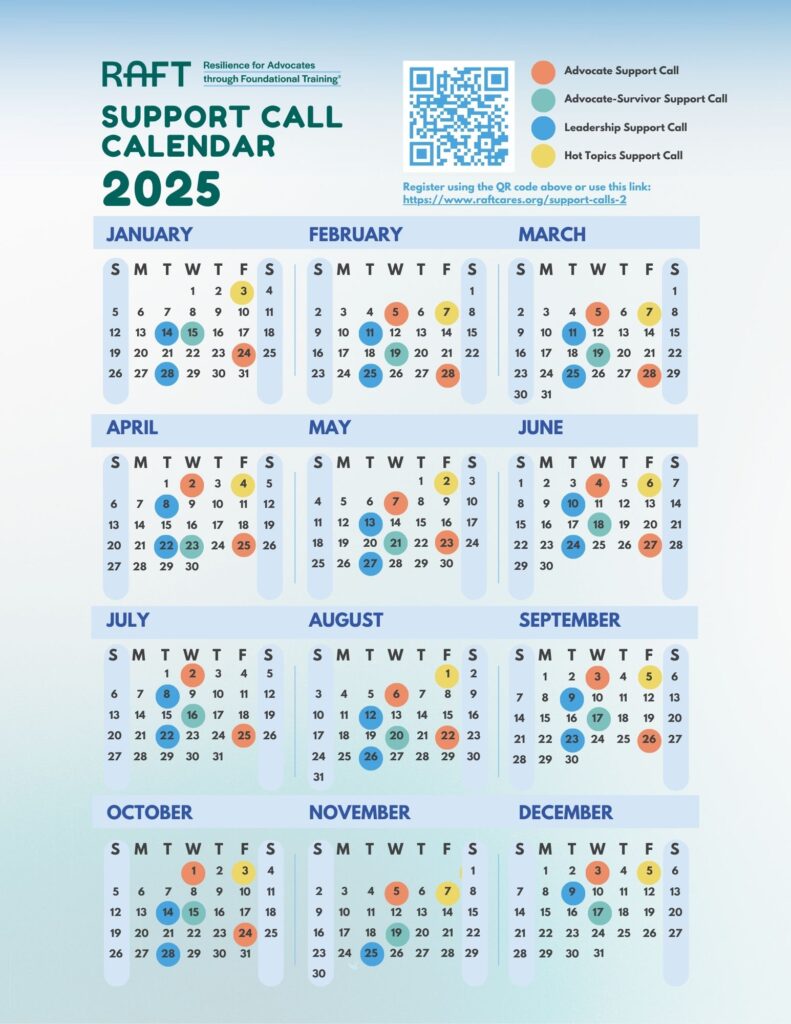Overcome Shame: Harness Critical Awareness for Healing and Self-Empathy
Sophie Strachan, May 20, 2025
At some point in our lives, we have all faced feelings of shame. Whether it was because of a school bully, because we disappointed our parents, or because we made a mistake at work, the feelings are the same. It hurts, you blush, you feel sad, you have that sinking feeling in your stomach, and you want to hide. Instead of giving into shame, and spiraling into depression or anxiety, we can work to overcome shame with a tool called Critical Awareness.
According to Dr. Brene Brown, we cannot become resistant to shame or get rid of it all together, but we can develop shame resilience: The ability to recognize shame when we experience it and move through it in a constructive way that allows us to maintain our authenticity and grow from our experiences. In the process of consciously moving through our shame, we can build stronger and more meaningful connections with the people in our lives and ourselves.
Self-Empathy is the strongest antidote for shame. According to Dr. Brown, the opposite of experiencing shame is experiencing empathy. In her research, people with the highest levels of shame resilience were both givers and receivers of empathy. Empathy is the ability to understand, be aware of, be sensitive to, and vicariously experience the feelings, thoughts, and experiences of another. Self-Empathy is about turning those abilities inward and offering yourself the same empathy that someone else would.
It can be a challenge to practice self-empathy, especially if you believe that you don't deserve it. We can overcome shame and heal from it by using Critical Awareness to promote self-empathy.
What is Shame and Guilt?
Dr. Brene Brown, research professor and expert leader in the study of courage, vulnerability, shame, and empathy, provides the following definitions:
Shame:
Shame is an intensely painful feeling or experience of believing we are flawed and therefore unworthy of acceptance, love, and belonging. Shame is a fear of disconnection.
Shame says, “I am bad.”
Guilt:
Guilt is a remorseful awareness of having done something wrong. Guilt is uncomfortable but helpful as you can heal from and change when you do something bad by apologizing, communicating, and using empathy.
Guilt says, “I have done something bad.”
The difference between shame and guilt is a difference between “being” something negative and “doing” something negative.
“I am a mistake” is shame.
“I made a mistake” is guilt.
Having the ability to identify feelings of shame and guilt can guide you toward your next steps. If you're feeling guilty, and you have truly done something wrong, hurt someone, or made a mistake apologizing or talking with someone about it is a great next step to resolve those feelings. Sometimes we can confuse shame and guilt and think we're guilty when we haven't done anything wrong.
If you have endured abuse, or struggled with mental illness, you might be more prone to confuse the two feelings. When your brain is already hardwired in a negative way, we tend to feel mistakes or shame about ourselves much more strongly. This only means that it might take more effort to overcome confusing feelings around shame and guilt if you struggle with negative thinking already.

Utilizing Critical Awareness to Overcome Shame
Critical Awareness is defined as knowing why something exists, how it works, how our society is impacted by it, and who benefits from it. Practicing critical awareness increases our personal power in three ways by giving you the ability to:
★ Contextualize – See the big picture: What is the context in which this situation happened? What else is going on in the room, in this building, with your family, in your city, in the world?
★ Normalize – Realize you are not alone or the only one who has experienced the same situation through research or conversation.
★ Demystify – Understand the origin of your shame and share it with others, like your therapist or a trusted person, or journal to reflect on it.
One of my early breakthroughs in therapy was using critical awareness. I learned that my experiences, my feelings, and my struggles weren't unique. Knowing that other people experienced the same things that I did helps me to feel less alone. Normalizing my mental health challenges, almost instantly dissolved the feelings of shame that I felt on a daily basis.
Let's look at a few scenarios that you might face in the workplace and apply critical awareness.
Scenario 1
A direct service advocate has a sick child at home, and they are also running a fever with a cough, but there is no one to cover their shifts. They called their supervisor to call out of work, but their supervisor does not understand their situation and threatens their position if they can't come to work or figure something out. There is no way the advocate can leave their sick child, or work through their illness, so they feel guilty for staying home to rest and get better, especially because their supervisor is upset with them.
Apply Critical Awareness
Contextualize: It is flu season, and school season, and people are sick more often because of that. The organization will not come to a halt just because one person is out sick for a few days. Staying home will also prevent spreading the illness, so they don't infect their coworkers.
Normalize: The advocate thinks about when another coworker was out sick a few weeks ago and thinks back over the past year about other people being sick. Even if the supervisor was upset about it, everyone else didn't mind and were supportive in their absence. Staying home from work to get better is not wrong or something we should feel guilty about, it is good for us.
Demystify: They texted a trusted coworker about the situation and their coworker shared a similar experience they had with the same supervisor. They realize the supervisor used to work as manager at a for-profit company and has brought their professional expectations from that field of work. Working through illness is a symptom of a capitalist mindset. The feelings of shame around missing work are caused by this unrealistic expectation that an employee's life should revolve around their job.
Scenario 2
A hotline advocate spoke with a client who shared a very traumatic story, and it triggered thoughts of their own assault. After they ended the call with the client, they cried in their office. They wanted support but felt ashamed for becoming emotional. They thought they should be stronger, and that they should toughen up and move on.
Apply Critical Awareness
Contextualize: As an advocate they helped someone in need, who was in an incredibly difficult situation. Working as a hotline advocate is a tough, emotionally taxing job, but it’s necessary and meaningful. Before the call they also supported two other callers in difficult situations with no break in between.
Normalize: It is a natural human reaction to empathize with other people when we hear their stories of pain and struggle. It is difficult to always be strong, especially when we can relate to the stories that we hear every day similar to our own trauma. They remember supporting their coworkers through tears after tough calls and realize their coworkers would be there to support them now.
Demystify: Looking at their past they remember their parents shaming them for crying. “There is nothing to cry about.” “Toughen up.” “I’ll give you something to cry about.” They realize that they are just repeating that cycle of shame with negative self-talk. They talk to their therapist about the situation, and the therapist validates their feelings and reassures them that emotional responses like that are completely normal.
Keep Practicing
Acknowledge feelings of shame and guilt - and identify which one you are feeling. Practice critical awareness to overcome shame and promote feelings of self-empathy. Seek out connection with trusted people in your network. Learn more about cultivating your trusted network here. To overcome shame and feelings of guilt is not an easy task, but it gets better with practice, and support from people around you.

RAFT offers 6 monthly support calls for advocates and leaders. During these calls, RAFT facilitators invite you to share your challenges, successes, and questions. We hope that support calls can help you achieve all three steps of critical awareness with whatever you're currently facing.








